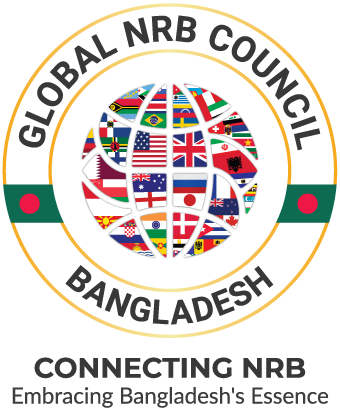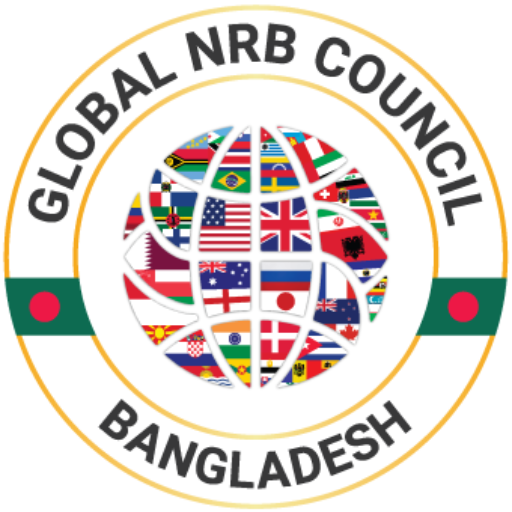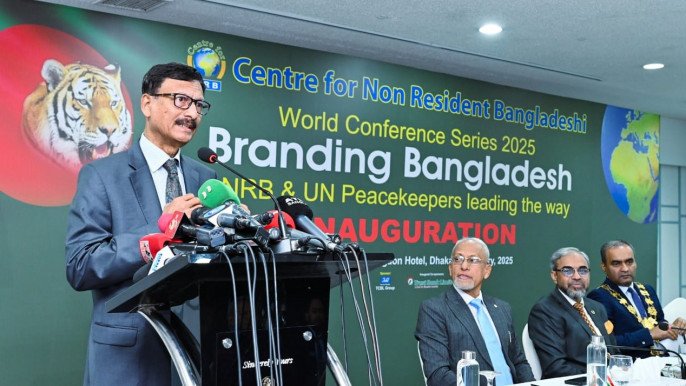Md Touhid Hossain, the Foreign Affairs Adviser to Bangladesh, recently emphasized the importance of non-resident Bangladeshis (NRBs) engaging in the political affairs of their host countries rather than getting involved in the politics of Bangladesh. Speaking at an NRB conference on January 11, Hossain highlighted how political divisions among expatriates, based on Bangladeshi party affiliations, are damaging the country’s image abroad. His advice focused on unity and strategic engagement in the domestic politics of the countries where NRBs reside.
Over the years, NRBs have often organized themselves around political party affiliations such as the Bangladesh Awami League (AL), BNP, Jamaat, and Jatiya Party. However, this has led to divisiveness, particularly during visits by political leaders from Bangladesh. Hossain pointed out that such actions create a negative perception of Bangladesh abroad, where expatriates often clash under political banners rather than presenting themselves as a unified community.
One of the significant observations made by Hossain was the fact that Bangladeshi expatriates sometimes hold rallies or gatherings that are more party- or individual-based, rather than being issue-oriented. This division stands in contrast to the approach adopted by other countries, where diaspora communities focus on the betterment of the host country, thus fostering a more unified image.
Mr. Hossain suggested that NRBs should look to the Indian diaspora as a model. Indians abroad have successfully gained political influence by engaging in the local politics of their host countries. By securing key positions within government bodies and political structures, Indian expatriates have significantly enhanced India’s global standing. Hossain argued that this is the path Bangladesh should take to gain greater influence internationally.
“We must come out from this practice,” he said, urging expatriates to focus on contributing to the political landscape of their host countries. This involvement would not only benefit the expatriates themselves but would also enhance Bangladesh’s international profile, just as the Indian diaspora has done.
Mr. Hossain’s statement was clear: if NRBs become more active in the politics of their respective host countries, they can secure powerful roles and leverage those positions to benefit Bangladesh. These actions could contribute to a stronger global brand for the country, a sentiment echoed by other speakers at the conference. He drew attention to his personal experience as Bangladesh’s Ambassador to South Africa, where both AL and BNP supporters worked together harmoniously, showing the potential for unity even among people with opposing political affiliations.
The Adviser added that NRBs who hold key positions in their host countries help create a positive image of Bangladesh, fostering diplomatic relations that can lead to increased opportunities for the country. When expatriates in foreign nations achieve political prominence, it reflects well on Bangladesh, raising its status on the world stage.
Another key point Hossain emphasized was the need for NRBs to counter false propaganda, particularly from the Indian media, which has often painted a misleading picture of Bangladesh’s internal situation. According to Hossain, while certain incidents may have occurred in Bangladesh, the portrayal of a war-like situation or violence against minorities is simply inaccurate. Expatriates should actively combat such narratives and correct misinformation about the country to protect Bangladesh’s reputation internationally.
In addition to political involvement, Hossain stressed the importance of improving the skills of Bangladeshi workers abroad. By enhancing their language proficiency and overall skill sets, NRBs could make a significant impact, particularly in boosting remittance flows. Bangladesh’s skilled labor force can increase their earning potential and contribute more to the country’s economy.
Hossain also highlighted the government’s commitment to reducing the costs of migration, which have been a significant burden for many workers. He assured that measures would be put in place to improve the experience for expatriates, including addressing issues at the Hazrat Shahjalal International Airport (HSIA), such as harassment of passengers.
Furthermore, Hossain praised the contributions of Bangladesh’s UN peacekeepers, who have played a vital role in enhancing the country’s global image. Their disciplined and clean record in peacekeeping missions, particularly in Africa, has helped build a strong reputation for Bangladesh in the international community. Hossain acknowledged that positive actions like these—such as the invaluable work of peacekeepers—help boost Bangladesh’s image abroad, in contrast to the negative repercussions of illegal migration, which tarnishes the nation’s reputation.
In conclusion, Md Touhid Hossain’s message to NRBs is clear: by shifting focus from internal party politics to active involvement in the politics of their host countries, Bangladeshis abroad can help shape a positive global image for Bangladesh. This engagement not only benefits the NRBs personally but also enhances the country’s diplomatic and economic standing worldwide. As NRBs continue to forge stronger ties with their host nations, Bangladesh’s influence and reputation on the global stage will only grow, ensuring a brighter future for both expatriates and their homeland.


